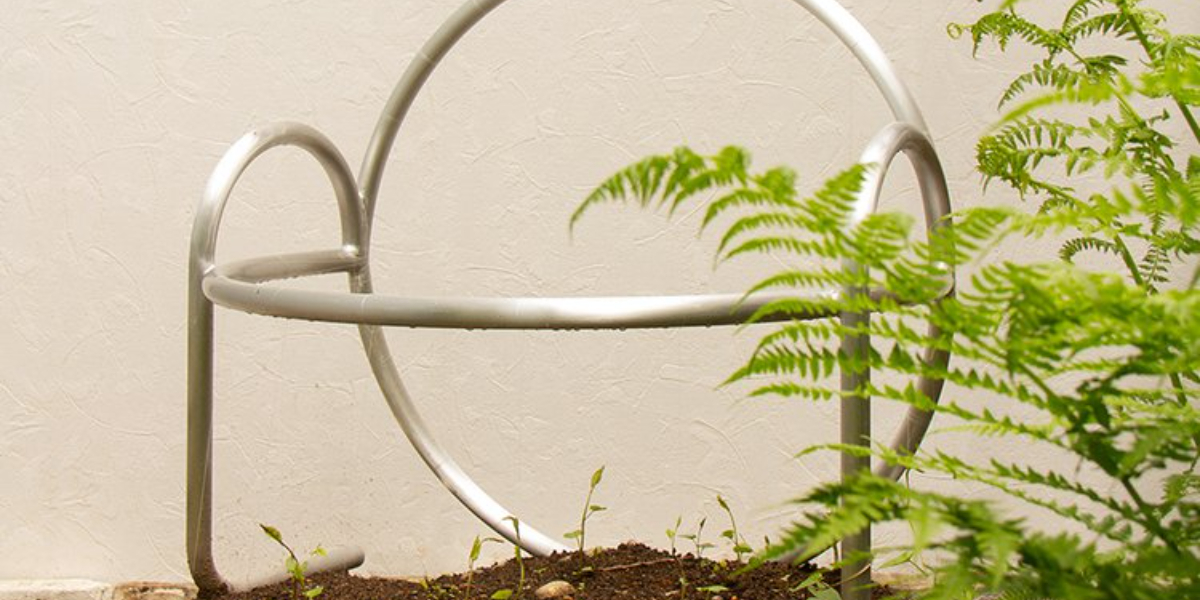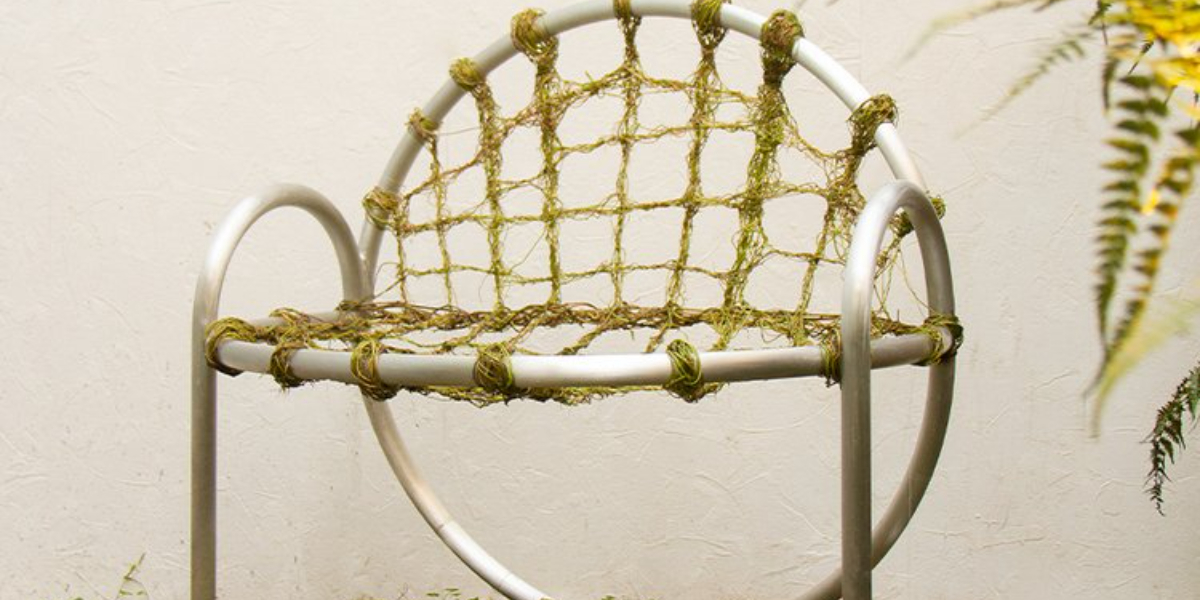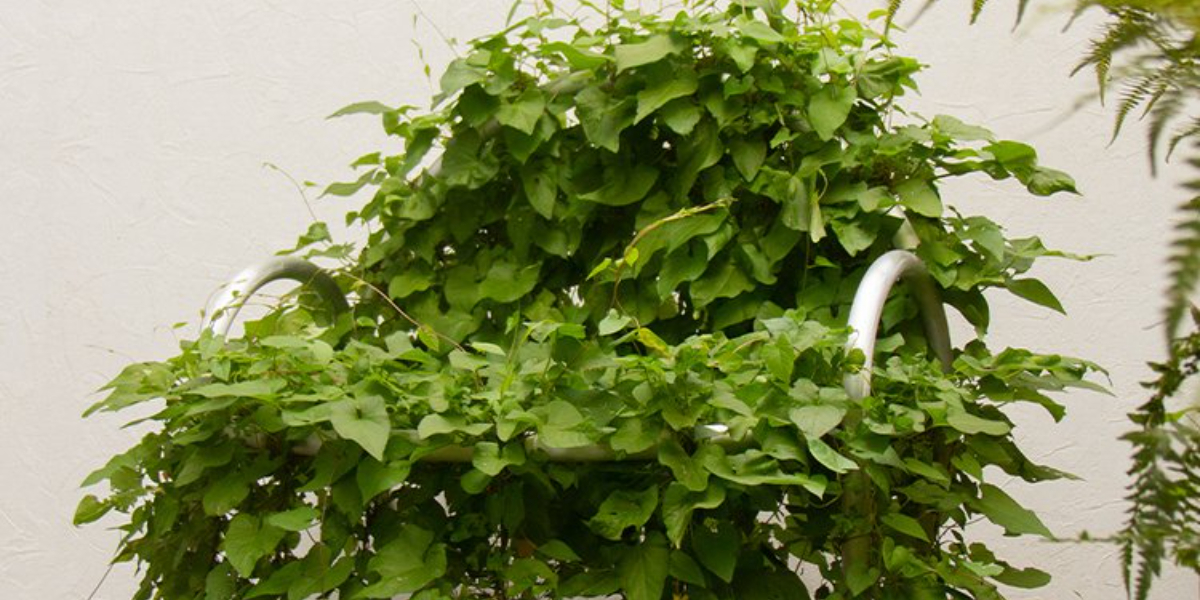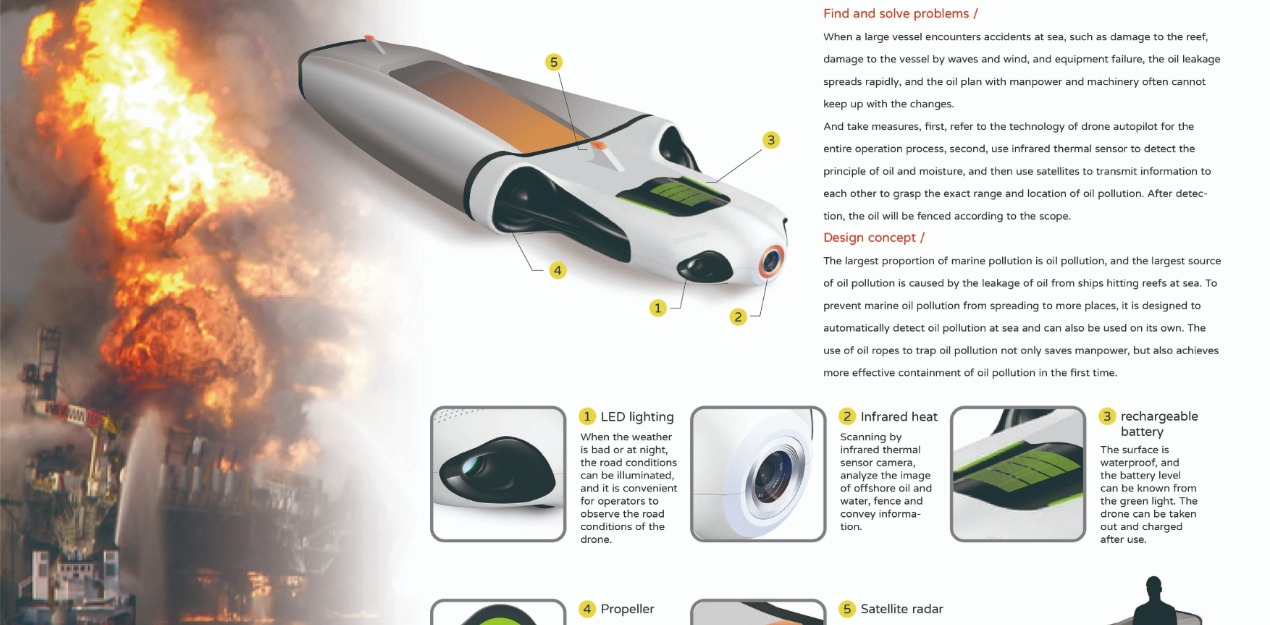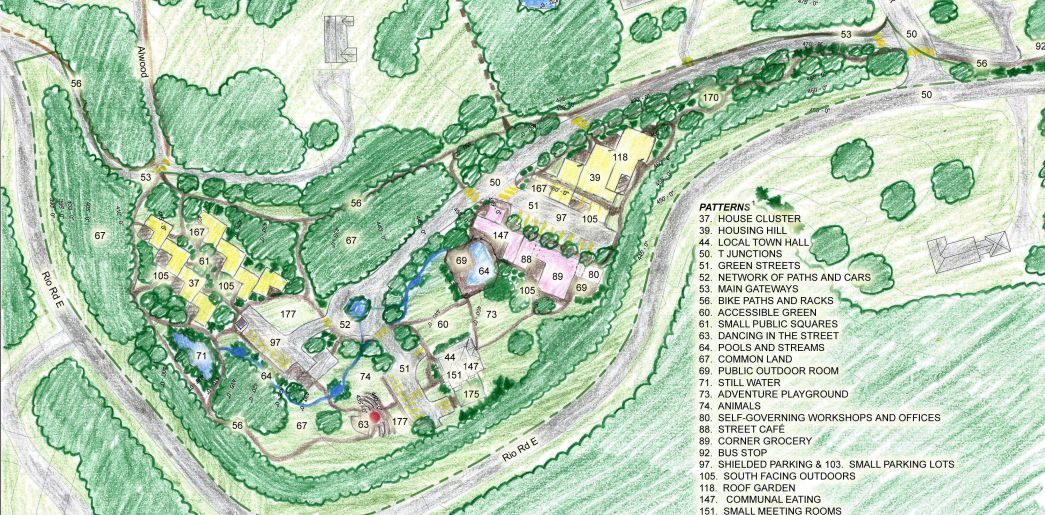AÑO
2023
CATEGORÍA
Comunidad
OBJETIVOS
Ciudades y comunidades sostenibles, Acción por el clima, Vida de ecosistemas terrestres
PAL. CLAVE
climate, Adaptive, adaptation, chair, invasive weeds
PAÍS
Canada
CRÉDITOS
Franklin St. Studio
LINK
https://www.franklinststudio.com/work/good-morning-glory
Good Morning Glory
Invasive morning glory plants trained to wind & bloom for climate-adaptive chair design
How does it work?
With this project, Franklin St. Studio harvested morning glory roots from their surrounding property in early spring and relocated them using soil from the site. Throughout the hot and dry summer, little to no watering was needed. To begin with, the designers used simple winding and tying techniques, training the vines to follow a grid-like woven pattern to form the chair’s main seat and back support. During the mid-season, thick lateral shoots appeared quickly, beginning to winding through and engulf the span of the metal chair frame. The morning glory flowers open with the sun, and only last for one day. While they provide pollen for bees, the leaves are a source of food for the larvae of convolvulus hawk moths. Further, seed pods were prevented from forming during the course of the project, and once complete the roots were dug up and placed in the garbage to be destroyed.
Why is it needed?
Finding new use for invasive plants that engulf infrastructure and ecosystems across Canada, Franklin St. Studio harvests the ruthless alien plant morning glory to present a climate-adaptive chair design. The Good Morning Glory project explores how design can be used as a tool for invasive species management by taking advantage of the plant’s adaptive properties and playing an active role in their life cycles. The Vancouver-based furniture and material design studio proposes that by fostering a relationship with the plant through its use, we can become an active participant in its responsible disuse.
How does it improve life?
Good Morning Glory project rethinks how design can be used as a tool for small-scale initiatives to preserve the unregulated species while introducing climate adaptive design possibilities. Franklin St. Studio harnesses the plant’s qualities to their advantage — including its ability to grow and spread quickly, its drought intolerance, and its extended growing season — into a regulated method of species management that doubles as furniture.
